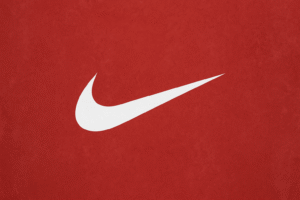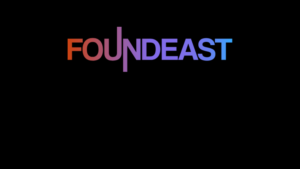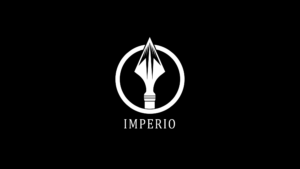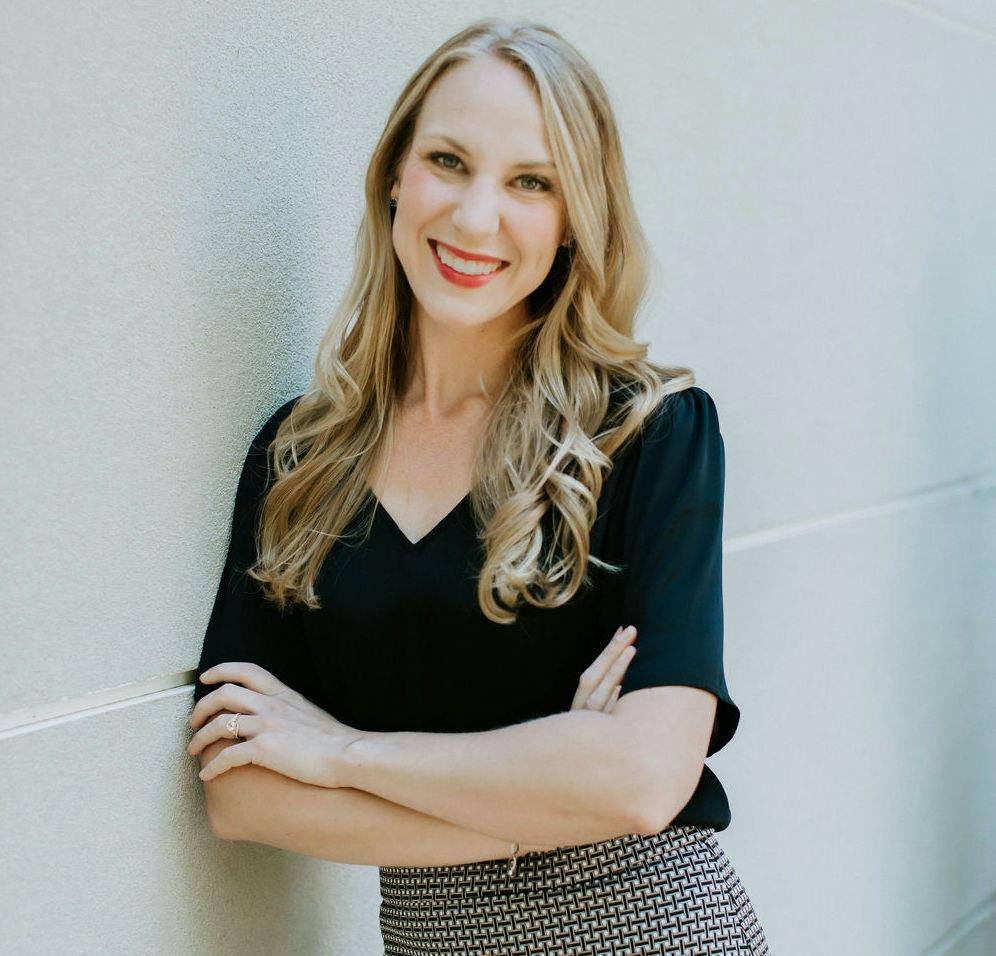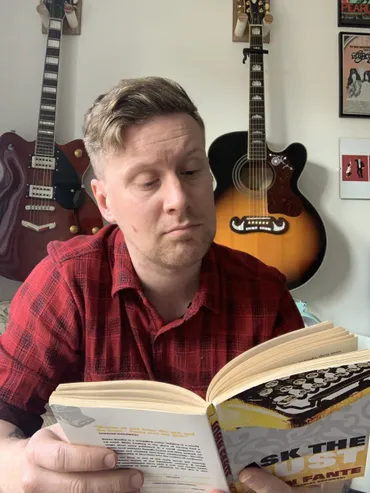Do you struggle with keeping readers hooked to your sales copy and advertisements?
Do they drop off after a certain point and get bored?
You’re not alone.
It’s a common dilemma, but luckily there’s an easy (but deep) fix.
This is thanks to something future pacing. I.e., the art of keeping readers interested with promises of the future and what they’ll gain from finishing your copy.
Scroll down to learn more!
What is future pacing from neuro linguistic programming?
Neuro linguistic programming (NLP) is a science aimed at understanding what drives human behavior. The goal of NLP is not just writing persuasively but also helping people solve personal problems by teaching them new ways of thinking about themselves and others.
Future pacing can be considered one way for humans to understand their own desires before they even know it themselves – making this an extremely powerful persuasive tool in marketing today.
You can use NLP and future pacing as a copywriter to improve how much people read your advertisements, how much they engage with them, and the emotional response it generates.
In fact, here’s a crazy thing to think about…
Studies have found that the key indicator isn’t the sales copy or creative…
It’s the emotions that people feel.
Making them feel emotions = successful ad. Plain and simple.
That brings me to my next point.
How to use future pacing as a copywriter
Next, let’s get into the fun stuff… using future pacing in copywriting to increase readership, engagement, and conversions.
Help customers imagine the future of using your product or service
First off, you can use future pacing to help people imagine the future by using words like “soon” and “fast.”
This is because when we see a word that relates to time in the near or distant future, it grabs our attention. It makes us pay more attention than if it’s related to now or past tense.
You’re more likely to find yourself interested in an ad from Target for a 20% discount offer than one from Kohls about their Black Friday sale later this year. One you can immediately reap a benefit from, while the other you can’t.
Check out this pop-up ad for a 5% discount if customers check out within 15 minutes.
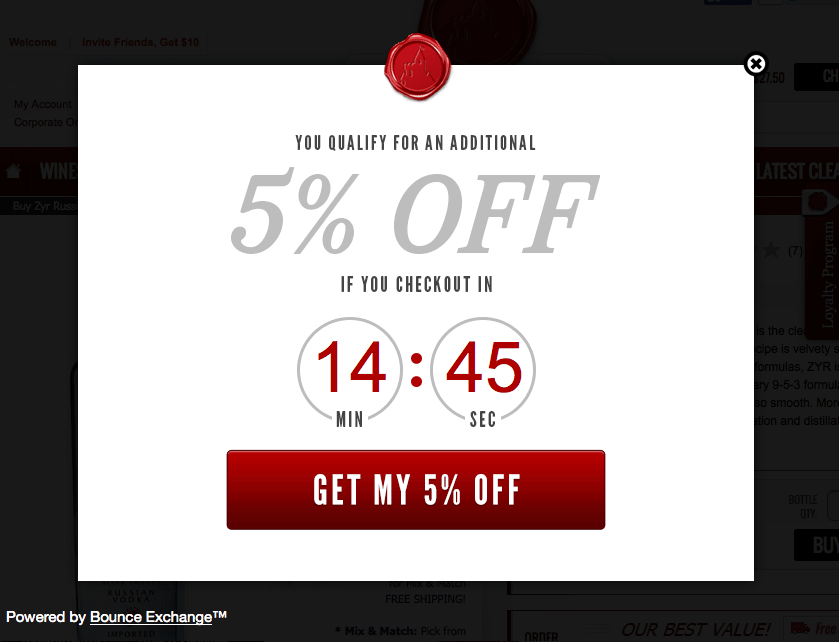
Secondly, include statements about how your product will make someone feel, not just tell them what features are included in its functionality. For example, luxury products knock this technique out of the ballpark.
They make people feel special. Like they are royalty and are in a secret clubhouse, only a select few can enter.
It gives them self-esteem, confidence, and maybe (just maybe) a little bit of an ego.
After all, you’re not buying that new BMW for the gas mileage or anything logical (trust me, I’m a car guy!). You’re probably buying it for the image and prestige and admiration that comes along with your hard work to attain it.
Customers will look forward to experiencing those emotions and will be more likely to buy the product as a result.
Here’s the start of a sales letter from Agora Financial that uses this approach to understand what I mean.
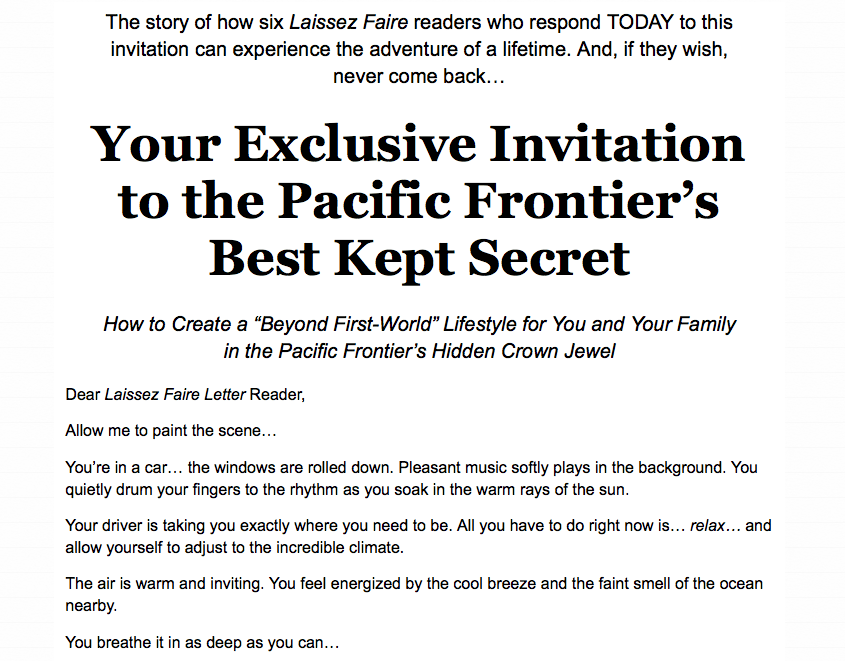
It directly tells the reader that they can create a “Beyond First-World” lifestyle for themselves and their family if they read and respond to the sales letter.
The introduction of the sales letter also begins by painting a picture of what life could be like.
Hint to readers what they can expect later in the sales copy
The power of future pacing can be used in marketing for a variety of purposes, but one way is to indicate what the reader can expect later in the sales copy.
Think about it like foreshadowing when you’re reading a good book. Little bits of the story and what’s going to happen in the future slowly get revealed. It builds tension and suspense.
You know something is going to happen … kind of like a jump scare in a horror movie … but you don’t know exactly when.
With future pacing, give little nuggets along the way like “Later you’ll learn X” or “Let me get back to that idea in a minute,” as Neil Patel does in the intro of most of his blog posts.
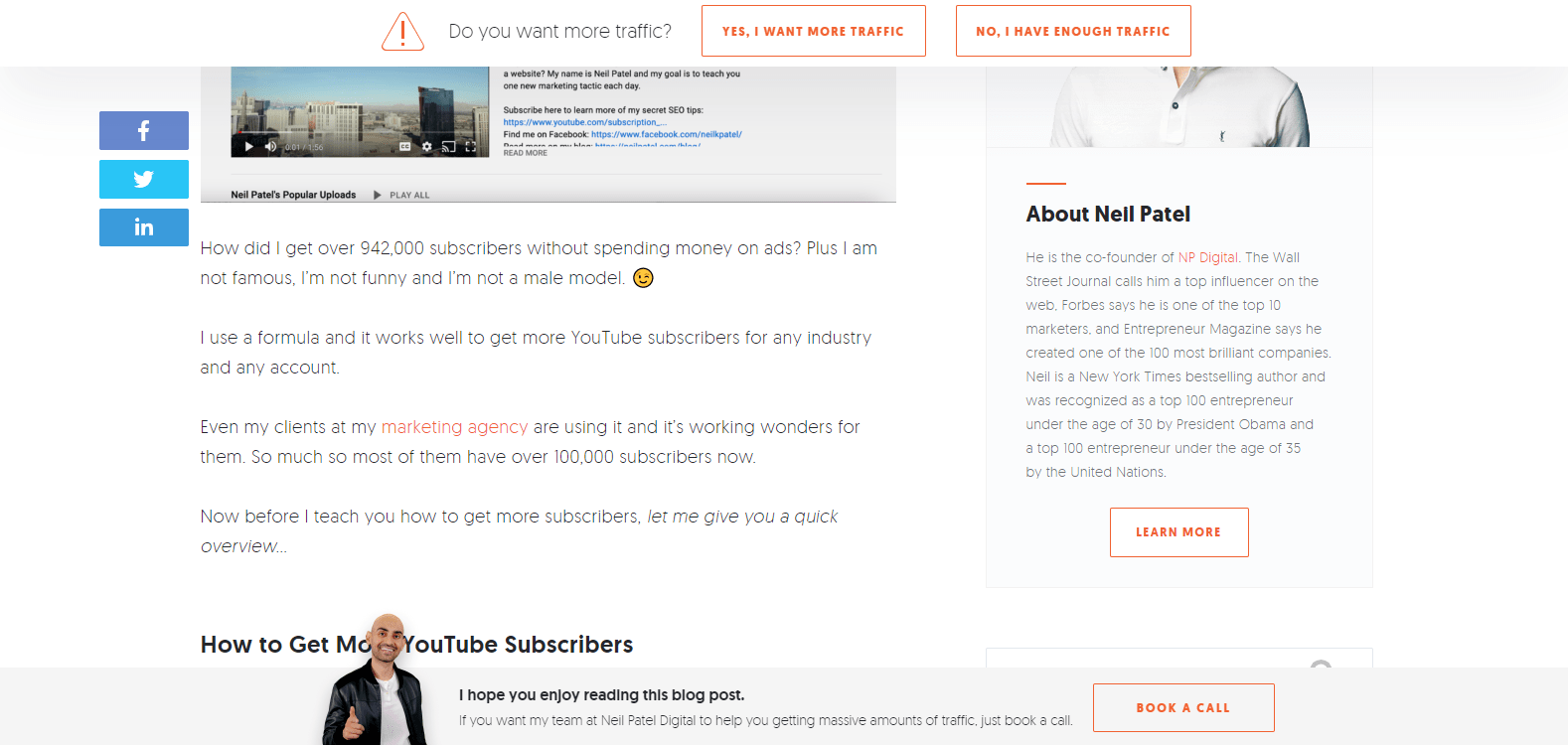
It subconsciously primes the reader to not click off the page or put away the sales letter, especially if you promise what they learn will change their life situation.
Help customers visualize their pain points and struggles
The customer’s pain points and struggles are usually the most important detail to include on a landing page. If you can help your customers visualize their problems, they’re more likely to find relief with whatever offer you have for them.
So, it’s not enough just to mention that people experience back pain from sitting at desks all day, you need to show what it feels like so your audience knows how much they should be suffering! This is also known as “translating” or “bridging.”
People buy products and services for one reason. Do you know what it is?
To solve a problem. That’s it.
Whether that’s needing a new t-shirt because they spilled ketchup on it or scrambling to hire a copywriter like me because revenue is plummeting.
With future pacing, help the readers visualize what would happen if they don’t take action.
For example, if we’re promoting a weight loss offer, we could explain to readers that if they don’t buy the product:
- They will continue to hate what they see in the mirror.
- They will continue to binge eat and put on more weight.
- They will never feel high self-esteem and confidence about their body.
Make it emotional. Make it deep. That’s what resonates and drives engagement.
Focus on giving your readers and customers vivid emotions
As I’ve mentioned multiple times in this article, the most important part of copywriting is eliciting emotion in readers.
That’s why no matter how you use future pacing as a copywriting and marketing strategy, the key is to bring up the customer’s hopes, dreams, and failures.
Where have they gone wrong? What struggles are they trying to solve? What does their “heaven” look like?
The most important thing when using future pacing is that you create emotion in your readers and customers with each sentence. Remember that 95% of purchasing is subconscious and emotionally driven.
That way, no matter how they’re reacting, their brain will be unable to resist any requests from you because they’ll already be invested in what happens next.
Plus, these emotional investments mean they’ll also feel more driven towards achieving success by following through with whatever action steps are suggested at the end of your copywriting piece.
Final thoughts on future pacing in copywriting
Future pacing is an incredibly effective tool for copywriters and marketers.
It helps increase readership, conversions, and overall response from advertisements.
You can use it in everything from blog posts to sales letters and direct mail.
The fundamentals come down to three things:
- Help readers imagine what taking action will result in (their “Heaven.”)
- Help readers imagine what happens if they don’t take action (their “Hell.”)
- Hint to readers continually throughout the sales copy what they will learn later.
Check out my copywriting courses if you want to learn how to 10x your writing skills or make a living writing online.



